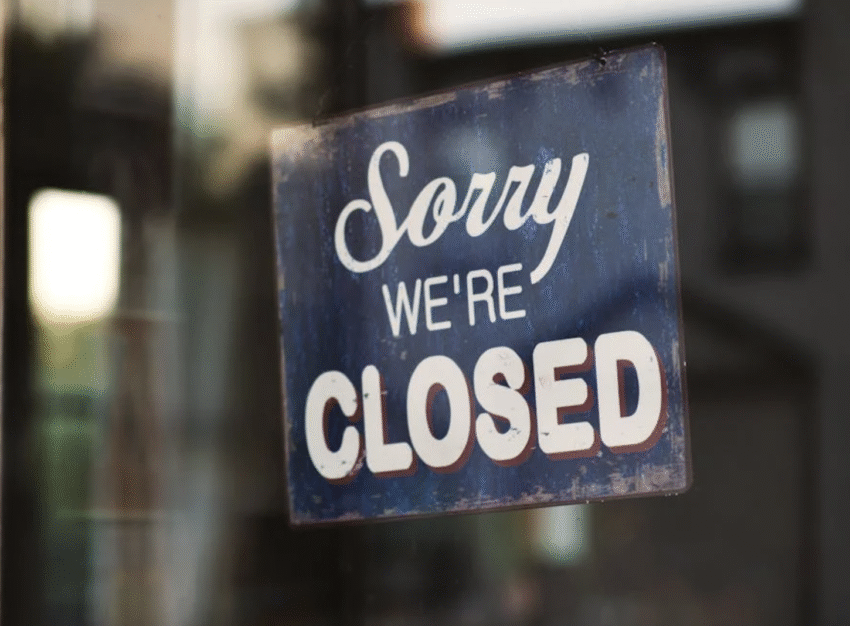Despite the best efforts of the most well-intentioned people, sometimes you can end up with an unsuccessful business. Is this a personal failing? Not always. Market forces can be exceptionally hard to overcome, just look at how we all entered 2020. It was difficult for businesses to cope. Many of them closed.
However, while it seems like cold comfort if you’re going through a process, there’s a learning experience in every ending. It can take hindsight to really and truly learn the lessons that are available. If you’re mindful, it might help you achieve success next time around.
But what about the process of closing a business well? After all, a business doesn’t end when the trading period closes. It takes time and effort to close every difficulty with care and clarity.
In this post, we’ll discuss how to achieve that:
Unsuccessful Business Need to Understand Bankruptcy Laws
It’s essential to gain a clear picture of the relevant legal options you have as you get closer to closing. You need to know which forms of business dissolution or bankruptcy you qualify for and what each one means for you and your creditors, because it may actually be the best financial decision to remove any uncontrollable debt. As tested by history, ignoring the legal side is one of the biggest mistakes a failing business owner can make, it’s just not worth the risk.
As such, talking with a lawyer who specializes in business failure is essential, as they can better explain your duties as an owner and help you fill out the paperwork on time so less penalties imply. It’ll also help you limit any personal liability down the road and lets you close your business correctly and professionally, as legal experts such as David Ritter in the context of bankruptcy law recommend.
Managing Liquidity & Assets
Even when a business is closing, you still have an important responsibility to manage the money and remaining assets properly. It’s hard, but also essential that you don’t panic and make snap decisions about selling off equipment or clearing out bank accounts despite the temptation. Moreover, despite the chaos, you have to keep accurate records of every transaction that happens during the wind-down period.
If you can prove careful management, it will help you prove that you can settle as many debts as possible and that you treat creditors fairly in line with the legal rules. This means if any legal action takes place you can have a proven record of your approach to managed closure and will limit the chance of a harsh judgement. Moreover, selling assets must be done in an organized way to get the best value, which then increases the funds available to pay off these debts – for example, auctioning furniture instead of selling it at a discount. Getting this right shows professional integrity even in a difficult time.
Providing Employees An Easy Off-Ramp
Understandably, one of the more difficult elements of closing a business is the effect it has on your staff. You owe it to your employees to be clear and give them advance notice so they can plan their future. You don’t enjoy this of course, but it’s important to deliver the news with empathy and respect. Thanking them for their loyalty and hard work throughout their time with you.
If possible, try to support them with severance packages if you can afford it, or help with finding new work. You could connect them with resources for unemployment if they’re there. At the very least, you can have older employees who still have fond impressions of you. With this advice, you’ll be certain to avoid a messy closing of an unsuccessful business, and hopefully try again with more success next time.
- Avoiding the Recall Spiral: Why Equipment Design Demands Greater Focus
- The Foundation of Merger And Acquisitions Success: Strategy, Flexibility, and Precision
- For Manufacturers, Quality Control Should be a Sales MVP
- Investing in Retention: How Benefits Support a Stronger Workforce
- Cybersecurity Essentials for Customer-Facing Platforms: Safeguarding Trust in a Digital-FirstWorld


